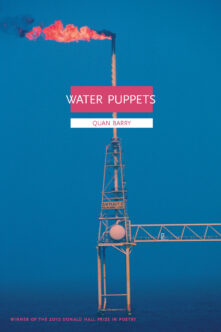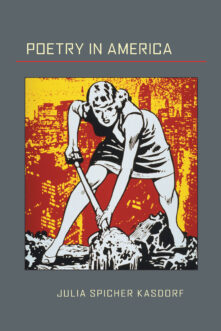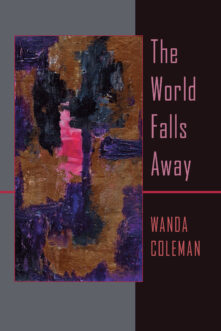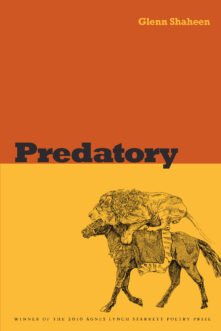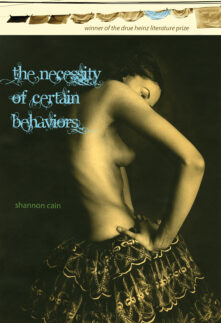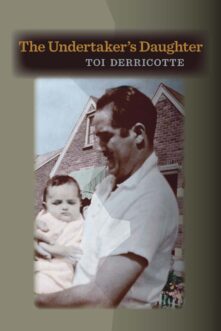Books
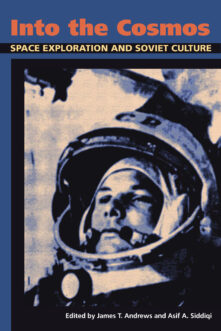

Into the Cosmos
Space Exploration and Soviet Culture
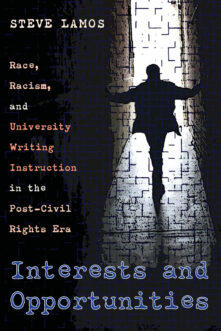

Interests and Opportunities
Race, Racism, and University Writing Instruction in the Post–Civil Rights Era
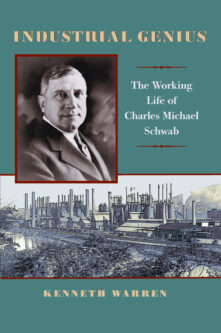

Industrial Genius
The Working Life of Charles Michael Schwab
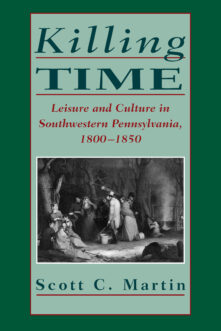

Killing Time
Leisure and Culture in Southwestern Pennsylvania, 1800–1850
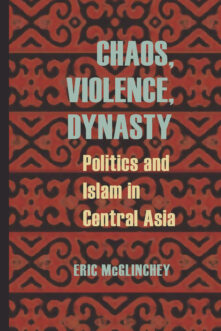

Chaos, Violence, Dynasty
Politics and Islam in Central Asia
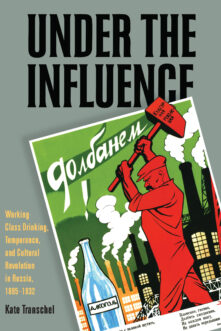

Under the Influence
Working-Class Drinking, Temperance, and Cultural Revolution in Russia, 1895–1932
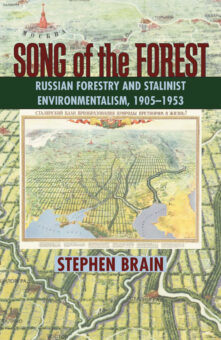

Song of the Forest
Russian Forestry and Stalinist Environmentalism, 1905–1953
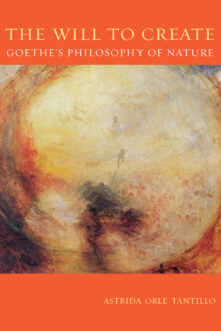

The Will To Create
Goethe’s Philosophy of Nature
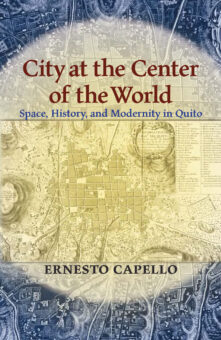

City at the Center of the World
Space, History, and Modernity in Quito
Total 1538 results found.


